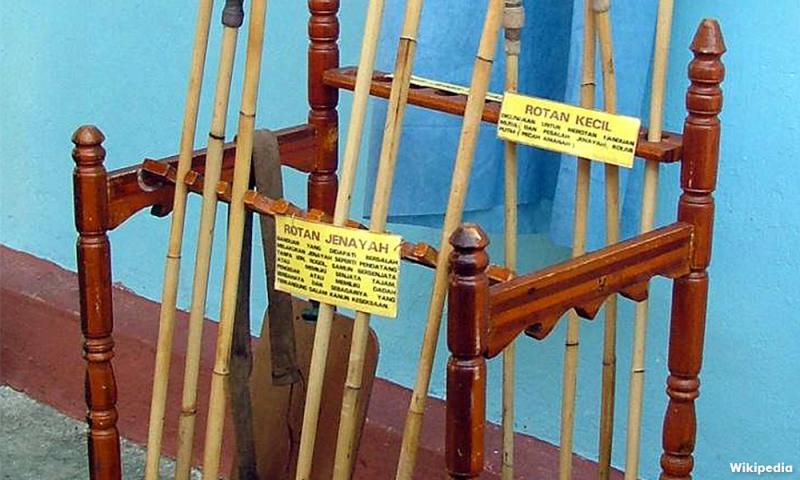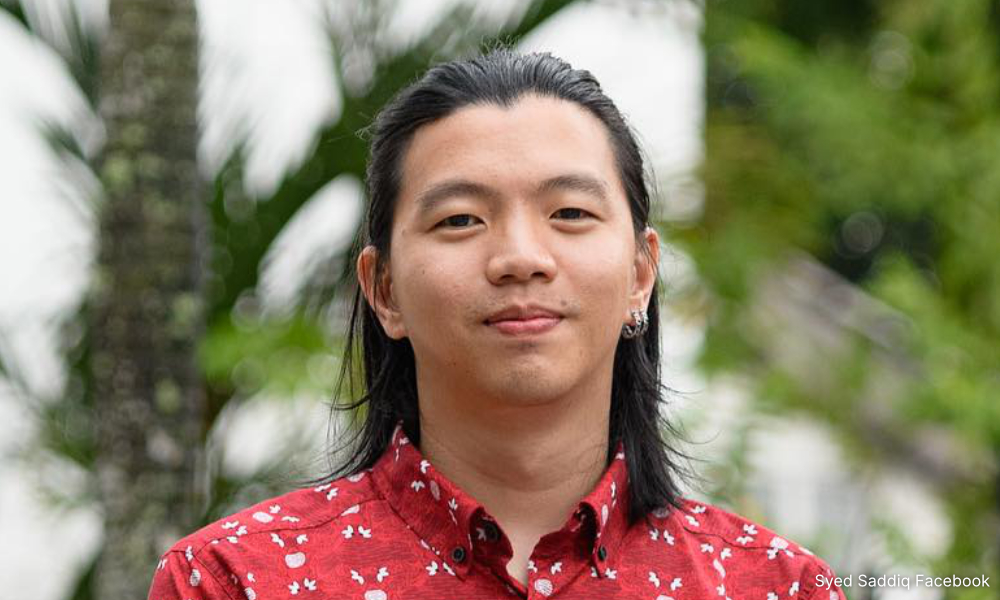
Pokok Sena inmate dies after caning, NGO demands probe
Ili Aqilah
Published: Oct 9, 2024 8:00 PM
Suhakam has confirmed receiving a report regarding the death of an inmate, allegedly after the administration of a caning punishment.
When contacted, Suhakam confirmed that the report over the death of a man incarcerated at Pokok Sena Prison, Kedah, had been lodged yesterday.
According to the report sighted by Malaysiakini, the family of inmate Zaidi Abd Hamid, was informed of his death at 2am on Monday (Oct 7).
Zaidi, 49, was initially sentenced to death in 2015.
However, after the abolition of the mandatory death penalty in Malaysia, his sentence was revised on Sept 10 to 33 years in prison, along with 12 strokes of the cane.
Denial of visit
The report claimed that Zaidi began experiencing severe bleeding a week after the caning, which alarmed his family, especially given his pre-existing condition of high blood pressure.
“Zaidi’s wife requested to visit him on Oct 6 but was denied. His family was very worried about Zaidi’s condition and had asked the prison authorities to send him to the hospital for proper medical treatment.
“Unfortunately, on Oct 7 at around 9am, the family received the news about Zaidi passing on the same day,” the report stated.

Zaidi’s death certificate, also sighted by Malaysiakini, listed the cause of death as “septic sequelae to blunt force trauma to the gluteal region.”
He had reportedly passed away en route to Sultanah Bahiyah Hospital in Alor Setar.
Malaysiakini was also informed that Zaidi had been receiving medication for high blood pressure and diabetes while in prison.
When contacted, Dobby Chew, CEO of the Right to Life advocacy group Hayat, called for a thorough post-mortem and investigation to determine if Zaidi’s health conditions contributed to his death.
“However, this doesn’t change the fact that having these pre-existing conditions, he should have never been confronted with caning as it would always carry further risk of harm than what is legally permitted,” he said.
Danger of caning questioned
Chew further questioned the quality of healthcare resources within the prison system, suggesting that the delay in medical treatment following the whipping might have played a role in Zaidi’s death.
“He (Zaidi) was resentenced to life imprisonment and had a chance for redemption and a life outside of prison. He and his family were denied this.
“If the government cannot assure all persons who are subjected to caning will not suffer from further complications beyond the aim of inflicting pain, then this punishment should not be part of our Penal Code,” he lamented.

Dobby Chew
Chew also pointed out that in a different case, lawyers had earlier advocated for leniency in the case of a quadriplegic drug mule, seeking to waive caning due to pre-existing health issues, but their appeal was denied.
The Criminal Procedure Code allows for the waiver only if a medical officer certifies that the individual is unfit.
“Caning continues to be a contentious issue, especially with the Federal Court decision last week that caning must be meted out consecutively.
“This opens up the danger because someone who may be at risk of further health complications may be certified as ‘fit’ for caning,” he said.
Malaysiakini has contacted Pokok Sena Prison and is awaiting a response.
Chew also pointed out that in a different case, lawyers had earlier advocated for leniency in the case of a quadriplegic drug mule, seeking to waive caning due to pre-existing health issues, but their appeal was denied.
The Criminal Procedure Code allows for the waiver only if a medical officer certifies that the individual is unfit.
“Caning continues to be a contentious issue, especially with the Federal Court decision last week that caning must be meted out consecutively.
“This opens up the danger because someone who may be at risk of further health complications may be certified as ‘fit’ for caning,” he said.
Malaysiakini has contacted Pokok Sena Prison and is awaiting a response.
It is the responsibility of the medical officer to verify that he is medically able to undergo the penalty.
ReplyDeleteIt must not be mere rubber stamp.
If, as it appears, he was facing sepsis, he must receive appropriate medical treatment.
I thought it is required procedure that both the cane and the body surface that is to receive the lashes are sanitised with antiseptic solution.
It .must not be only VVIP inmates like Najib great proper medical treatment.
I still FULLY support Rotan for serious criminals, with proper procedures.
.